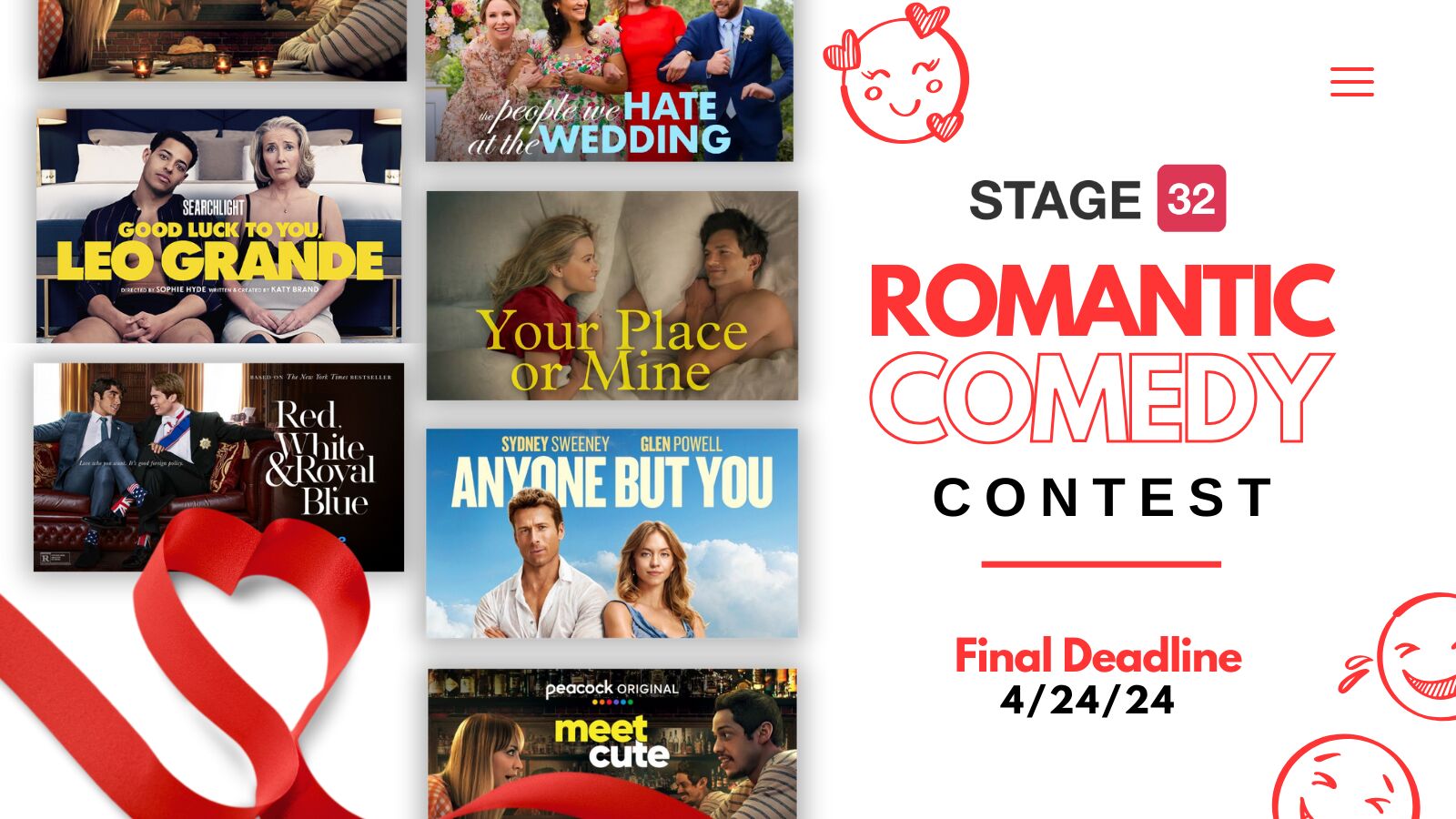We all know that we're slaves to our emotions and our biases. We can't help but anger at injustices, or side with our own politics, or favour friends over strangers. It's in our nature.
When it comes to Screenwriting, there's no getting around feeling hurt when our art receives criticism. A bad review or a critique of craft is like an insult; like a being spat in the face. When a partisan persuasion is pointed out, we feel the need to declare allegiance to one viewpoint or the opposite. It doesn't matter the argument, we put up a mental block of conceitedness.
So, of course, this is a reminder to remain as objective as you can in your conduct with others' works or others' conduct with yours. The true measure of a writer is their critical thinking ability.
Should you disagree with another's politics, be mature and don't take it out on their work. Nobody agrees fully on anything, but it's those who can deliberate and fully flesh out their point that are the rightest.
If they nitpicked your work's weaknesses, do not in-turn negatively review their work. It may feel like an insult or some slight towards you, but it's an opinion, or it's to help better your craft.
We're in a community together, not a contention together.



1 person likes this
I like a critique of my work, but not a marking.
A critique looks at my work and assess my work. A marking is when people get some fictional standard of events and start to try and align my work to that formula. Then give me feedback on how it failed against this thing they believe is a source of truth.
“A marking” is the only way I can explain the difference. I had a producer tell me a script was boring. That is exciting. I can work with boring. Telling my protagonist must refuse the call, tells me to refuse to listen.
On ignoring a person political views. As long as they stay within “My understanding” of decent behaviour. I don’t have to agree, but I can respect them. I cannot stand for the spread of injustice. (Evil wins when good people do nothing).
If you complain that programs focusing on minorities are hurting your chances as a white guy. I am going to yell at you. Sorry. As a white guy in the west I know the privilege we get.
Sorry for the rant. This was an interesting post to explore.
3 people like this
Working filmmaker once said; reading a bad script is like driving car tired at night...every minute is hard work. Couldn't agree more. Bottom line in this is a bad script is bad, no sweet talk can help that. What everyone can do is learn from those bad scripts (and really there are tons of them all around). Use someone else's fault to improve yourself...nothing bad 'bout it. That's how wise people work...
1 person likes this
Permission vs Validation.
1 person likes this
CJ - Right on the money; well thought out and well written. I suggest that every aspirating/dreaming screenwriter read it, learn from it and comate it to heart. Then live it.
I only bring this up after spotting somebody disagree with another person's Logline's politics, then proceed to give low stars on any and all scripts of anybody who sided with that one person's Logline - especially mine.
Brad that speaks more about the commenter. You recognised it, so will everyone else. They have done themselves more damage than they did the writer.
Barry, never heard that saying. It is amazing.
1 person likes this
A good review should never be personal and no writer should respond in a personal way. But it’s not a perfect world, sadly. I’ve had to deal with real life retaliation for a negative review I wrote and it was just senseless.
Some of the typos are hysterical <Choke! Choke!>.
2 people like this
Well said. I try not to let any negativity inflict my opinion of someone else's work, no matter how decimated my own work was. Pain is temporary, film is forever.
3 people like this
In any review/critique/marking of your craft (screenwriting is a craft, not an art, IMO - that's a discussion for elsewhere), always consider the source.
And never, ever take it personally (even if the other person is TRYING to personally attack you). This is show "business," not show "therapy."
2 people like this
Hi, Brad. Wow, that is petty. That seems more about an individual rather than a broader issue. But certainly that broader issue of emotion or overreaction can be problematic, damaging, and can cloud one’s work and ability to deal with others, to take and/or give review and/or critique. From my own experience, when first diving into screenwriting you are in learning and discovery mode in which you do seek out guidance. It becomes a matter of discerning good, constructive guidance from nonsense and toxicity. That can take time and be extremely frustrating. There is a lot of confusing, subjective aspects to the craft and a lot of contradicting opinions. Screenwriting is difficult and it does take a while, years, to find your own bearing and voice. But find it you must. Develop your own sense and barometer for effective writing and your own creative intent. Yet, you have to be objective and be able to handle notes. Take what helps, disregard what doesn’t. Anyhoo, thanks for posting. Much appreciated. :)
3 people like this
Maybe I've learned over the years to take what I need and leave the rest. The person providing you feedback does not know you are in pain. You interpret that yourself in response to their notes. If the critique resonates with you, make changes, if not, ignore it. No need to angst over it. I know, easier said than done. But it works for me.
2 people like this
Just a reminder how not to receive constructive criticism on scripts:
https://www.youtube.com/watch?v=yJ-Z_DW0AuE&t=143s